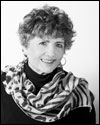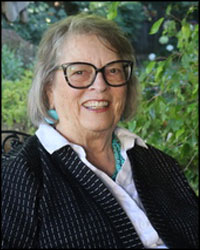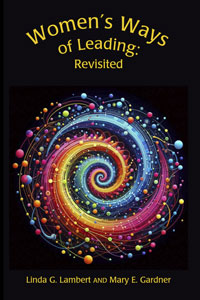« Mother Theresa of Cairo | May 27 in Tahrir Square »
Arab Spring in Cairo continues
We have talked with Muslims and Christians, observed, participated in two marches, and read the newspapers. Yet we offer a major caveat: we are only here for a week and most of our friends are middle class Egyptians. Here are a few of the things that we are learning so far:
• Top candidates for the presidency are El Baradei, Nobel Prize winner and former head of the UN Atomic Energy Commission, and Amr Moussa, former Arab League director. Both have baggage; both have advantages. For El Baradei, he has lived primarily outside of Egypt and is not thought to understand the Cairo “street,” and the administration had a year to attempt to discredit him. In his favor is his stature and the notion that he took on Mubarak long before the revolution. Youth feel that Amr Moussa is part of the old regime, too cautious and conservative for the new Egypt. On the other hand, older people feel that he is an honorable man who could usher this country through a transition to democracy. A liberal member of the Muslim Brotherhood, Abu El Fotouh, has indicated an interest in running. Younger people would prefer more of a fresh approach, including a leadership council that would include some of the younger revolutionaries; youth are divided between Amr Moussa and El Baradei at the moment, but that could change. The presidential election is set for November and the parliamentary one is in September.
• Economy is a major problem. Tourism has dramatically declined, investors are wary, value of Egyptian pound has dropped, unemployment is very high (as has been done for many years, many people are hired at very low salaries for a job that could be done by one person). What is often not understood is that there are substantial subsidies here that make life possible: gasoline (selling for approx. 46 cents a gallon), sugar, medicines, health care, etc. The people are very collaborative and help each other. A major question is: will military relinquish their hold on large parts of the economy (owning and regulating businesses)? There are mixed opinions here, including “we must have a strong military to protect us against Israel.”
• On the formation of political parties…any party that is to be certified must agree that a Coptic Christian or a woman can be president. Many of the most prominent revolutionaries here are women, yet we would be surprised if women played a large role in the transition government (although those involved are highly influential).
• Religious conflict is of concern, but not as much as we imagined. After discussing this issue with many Muslim and seven Coptic Christian friends, it is noted that this conflict has not shown up in Tahrir Square except for a demonstration for unity. The issue that ignited the burning of two churches began with a woman—then two women—who wanted to leave their Christian husbands, fell in love with a Muslim man—then tried to convert to Islam. The triggers seem to be personal, although in poor areas like Bulaq and Shoubra, prejudice is more pronounced. The more conservative and radical Salafists (the most fundamentalist of Muslims) are a very small group; the Muslim Brotherhood, the more influential group are still thought to be no more than 20% of the electorate.
• What does the future hold? Few will venture a prediction, although many say: “Egypt will be all right.” More tomorrow about Friday.
Linda and Morgan
Leave a Reply




